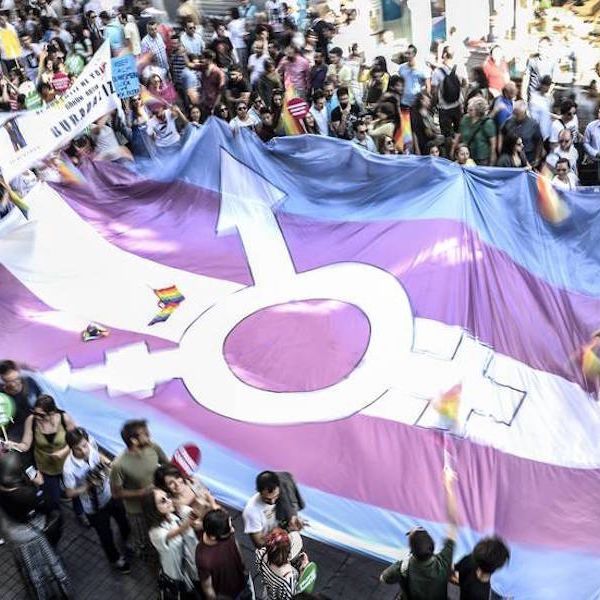When we see someone, our subconscious cultivates assumptions about that person. Whether we assume their gender, their sexual orientation, their race, or less conventionally “visible” aspects of a person, such as their personality traits or minute ticks that only someone who observes them egregiously close can see, these assumptions create a mold of who this person is. We often assume that people think a certain way and possess certain opinions before they are even able to speak a word.
When we do these things, it is not necessarily problematic. They problem comes into play when someone who appears, or “passes,” as one of these things and is treated differently than someone who does not. For example, I am friends with someone who is six feet tall, white, and masculine. Conversely, though I am six foot, two inches tall, I often wear make-up and dress in clothes that, while they may fall on the masculine end of the spectrum for some, I consider unisex. My movements and my voice tend to be considered feminine. Both of us are gay. Yet, because my friend is passably straight, he is treated as such by society, and there are subtle differences he and I are treated in slightly different ways in more conservative places. He is treated as any normal man would be, but sometimes—by no means all the time—I am generally a subject of double-takes and downright stares. In certain businesses, I am not given as polite of service as he is because he has passing privilege. (If at this point, social privilege is a completely foreign subject to you, I urge you to give it a web search. MSS Research has a very nice article on it here.)
People with passing privilege often do not recognize that they have it because, for the most part, people that pass as straight are straight, but more importantly, it is because they are not treated differently. And because they are not treated differently, they tend not to care even though they should.
People with passing privilege need to speak up and use their privilege to help those who are not passable. Because of their privilege, they are treated differently by society. Some people even consciously alter their behavior because of their fear of how “being femme” or any other behavioral trait will affect their treatment in public. That does not mean should not claim what makes them different; it simply means that they should stand up for the people who do not receive the treatment that they deserve. By stepping in and correcting the mistreatment, they are educating people who can then alter their behavior and even the behavior of others.
By stepping in, they can help to create a more socially diverse world that is more welcoming to people that are different.





















